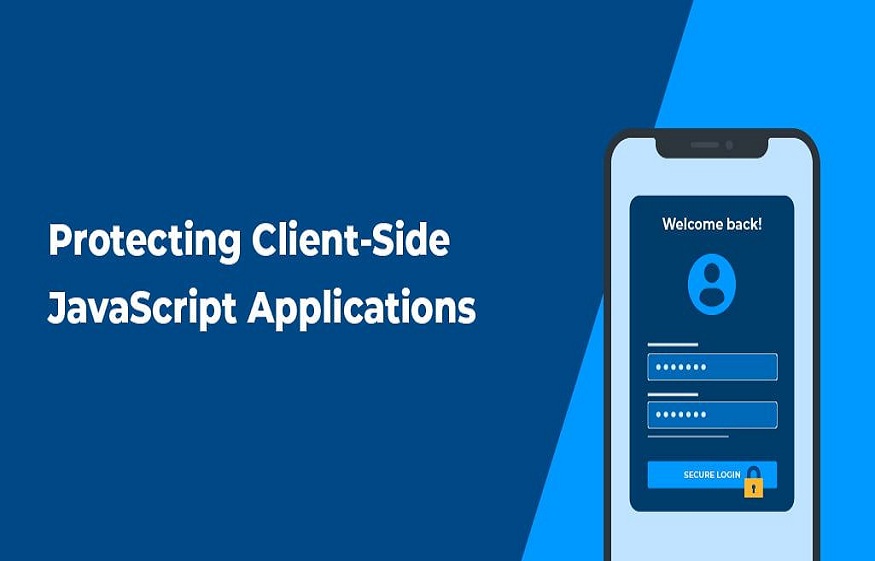Javascript is used across the world today. Javascript is a client-side programming language.
It is very important to have appropriate javascript security in order to protect the applications based on Java. Here are some tips to keep the scripts secure –
Javascript Integrity Checks
When a front end developer works on java they use the script tags in order to import the third-party libraries. You may face a security vulnerability when you are rendering the external resources on your site. In such cases, as a safety measure, one adds integrity which is called as the sub-resource integrity – SRI code to your script. This integrity attribute will ensure that the code would not be loaded if there is manipulation at any point of time while programming.
Tests for NPM Vulnerabilities
We can secure the script using the NPM Audit command. This will help detect the vulnerabilities for all the installed dependencies. It is important that you automate it as it could be critical for several scripts. You can run the NPM audit for each of the pull request in order to identify the vulnerability. Hence this will help in the prevention of vulnerabilities that may go unnoticed.
Minor and patch versions updates enabled
Has anyone observed the symbol ^ or ~ in the NPM version; these symbols indicate the automatic version bump for minor and patch versions. In technical terms both the minor and patch versions are backward compatible and thus reduces the risk of introducing bugs to the application. Most of the third party libraries release hot fixes vulnerabilities in the patch versions bumps. These automated patch updates help in reducing the risks of javascript.
Keep strict mode on
When you keep your strict mode on it will limit you to writing the unsafe code. Another advantage of strict mode is that it is very straight forward to enable this mode; with least complications. It is very simple to add the line to your javascript files. When the strict mode is on it will show those errors which were previously silent. It also fixes the mistakes which are found difficult by the javascript engines in order to perform optimization. It also limits the usage of reserved words likely to be taken in the future versions of ECMA script. All the modern browsers come with a strict mode.

